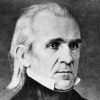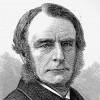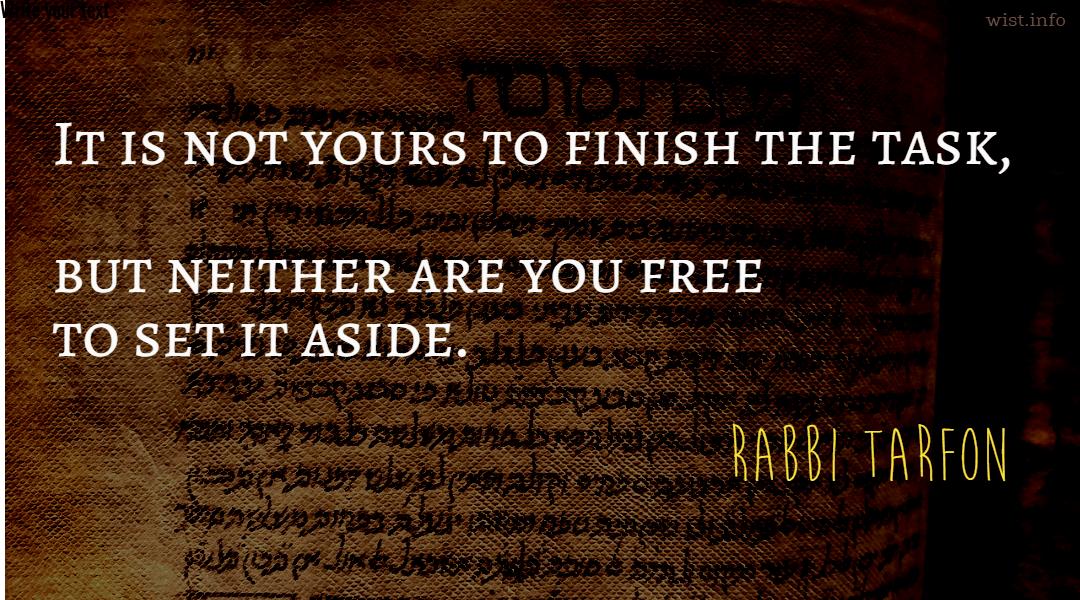When I was young I was amazed at Plutarch’s statement that the elder Cato began at the age of eighty to learn Greek. I am amazed no longer. Old age is ready to undertake tasks that youth shirked because they would take too long.
W. Somerset Maugham (1874-1965) English novelist and playwright [William Somerset Maugham]
The Summing Up, ch. 73 (1934)
(Source)
Quotations about:
task
Note not all quotations have been tagged, so Search may find additional quotes on this topic.
The road must be trod, but it will be very hard. And neither strength nor wisdom will carry us far upon it. This quest may be attempted by the weak with as much hope as the strong. Yet such is oft the course of deeds that move the wheels of the world: small hands do them because they must, while the eyes of the great are elsewhere.
J.R.R. Tolkien (1892-1973) English writer, fabulist, philologist, academic [John Ronald Reuel Tolkien]
The Lord of the Rings, Vol. 1: The Fellowship of the Ring, Book 2, ch. 2 “The Council of Elrond” [Elrond] (1954)
(Source)
Possibly the origin of the spurious "Even the smallest person can change the course of the future." This is said by Galadriel, but only in the film version, The Fellowship of the Ring (2001), screenplay by Fran Wash and Philippa Boyens.
More discussion: Not a Tolkien quote: "Even the smallest person can change the course of the future." - thetolkienist.com.
If the more aged and experienced men who have filled the office of President of the United States even in the infancy of the Republic distrusted their ability to discharge the duties of that exalted station, what ought not to be the apprehensions of one so much younger and less endowed now that our domain extends from ocean to ocean, that our people have so greatly increased in numbers, and at a time when so great diversity of opinion prevails in regard to the principles and policy which should characterize the administration of our Government? Well may the boldest fear and the wisest tremble when incurring responsibilities on which may depend our country’s peace and prosperity, and in some degree the hopes and happiness of the whole human family.
James K. Polk (1795-1849) American lawyer, politician, US President (1845-1849)
Inaugural Address (4 Mar 1845)
(Source)
Let us be content to do little, if God sets us at little tasks. It is but pride and self-will which says, “Give me something huge to fight, — and I should enjoy that — but why make me sweep the dust?”
Charles Kingsley (1819-1875) English clergyman, historian, essayist, novelist (pseud. "Parson Lot")
Letter, “To a lady who consulted him about Sisterhoods” (24 Jul 1854)
(Source)
It is not yours to finish the task, but neither are you free to set it aside.
Tarfon (fl. 1st-2nd C AD) Jewish rabbi, sage
Mishnah, Pirkei Avot 2:15-16
Alt. trans.:
- It is not incumbent upon you to finish the task, but neither are you free to absolve yourself from it.
- It is not up to you to finish the task, but you are not free to avoid it.
- We need not finish the task but neither can we desist from it.
- Although I am not free to avoid doing the work, it is not always necessary that I finish the task.
- You are not obligated to complete the work, but neither are you free to abandon it.
Let the Care of one’s Business be committed but to one Person; for otherwise, besides Disagreement which may arise when Account is taken, everyone’s Answer is, That he thought others had done it.
Thomas Fuller (1654-1734) English physician, preacher, aphorist, writer
Introductio ad Prudentiam, Vol. 1, # 1072 (1725)
(Source)
Approach the easy as though it were difficult, and the difficult as though it were easy; the first, lest overconfidence make you careless, and the second, lest faint-heartedness make you afraid.
[Lo fácil se ha de emprender como dificultoso, y lo dificultoso como fácil. Allí porque la confianza no descuide, aquí porque la desconfianza no desmaye.]
Baltasar Gracián y Morales (1601-1658) Spanish Jesuit priest, writer, philosopher
The Art of Worldly Wisdom [Oráculo Manual y Arte de Prudencia], § 204 (1647) [tr. Fischer (1937)]
(Source)
(Source (Spanish)). Alternate translations:What is easie ought to be set about, as if it were difficult; and what is difficult as if it were easie. The one for fear of slackening through too much confidence; and the other for fear of losing courage through too much apprehensiveness.
[Flesher ed. (1685)]Attempt easy tasks as if they were difficult, and difficult as if they were easy. In the one case that confidence may not fall asleep, in the other that it may not be dismayed.
[tr. Jacobs (1892)]Undertake the easy as though it were difficult, and the difficult as though it were easy, so as not to grow overconfident or discouraged.
[tr. Maurer (1992)]
Other evils there are that may come; for Sauron is himself but a servant or emissary. Yet it is not our part to master all the tides of the world, but to do what is in us for the succour of those years wherein we are set, uprooting the evil in the fields that we know, so that those who live after may have clean earth to till. What weather they shall have is not ours to rule.
J.R.R. Tolkien (1892-1973) English writer, fabulist, philologist, academic [John Ronald Reuel Tolkien]
The Lord of the Rings, Vol. 3: The Return of the King, Book 5, ch. 9 “The Last Debate” [Gandalf] (1955)
(Source)
You should each judge your own conduct. If it is good, then you can be proud of what you yourself have done, without having to compare it with what someone else has done. For each of you have to carry your own load.
The Bible (The New Testament) (AD 1st - 2nd C) Christian sacred scripture
Galatians 6:4-5 [GNT (1976)]
(Source)
Alternate translations:But let every man prove his own work, and then shall he have rejoicing in himself alone, and not in another.
For every man shall bear his own burden.
[KJV (1611)]Let each of you examine his own conduct; if you find anything to boast about, it will at least be something of your own, not just something better than your neighbour has. Everyone has his own burden to carry.
[JB (1966)]But everyone is to examine his own achievements, and then he will confine his boasting to his own achievements, not comparing them with anybody else's. Each one has his own load to carry.
[NJB (1985)]Each person should test their own work and be happy with doing a good job and not compare themselves with others. Each person will have to carry their own load.
[CEB (2011)]All must test their own work; then that work, rather than their neighbor’s work, will become a cause for pride. For all must carry their own loads.
[NRSV (2021 ed.)]










